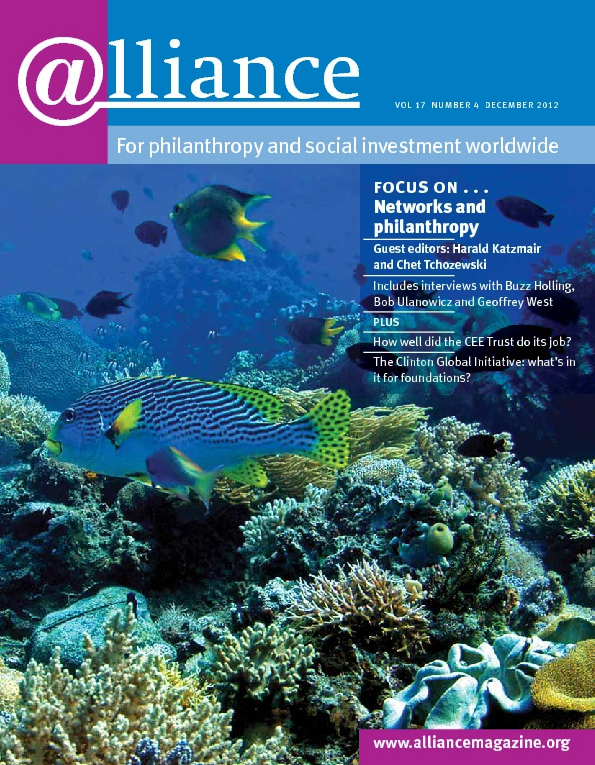Over the past six months, Emirates Foundation has been undergoing some fundamental changes. With its new venture philanthropy business model, the foundation aims to try to make a real difference for young people in the UAE where issues such as unemployment and underemployment are increasingly of concern, chief executive Clare Woodcraft tells Caroline Hartnell.
In 2011, we did a strategic review, the upshot of which was a decision to focus on one issue, youth development. It is one of the most critical developmental challenges for the UAE and the region. Unemployment is increasingly a concern and there are large numbers of young people who need help in making career decisions. Our role is to provide such help and to ensure that young people are engaged and active in the community.
Has this led to a change of business model?
We are phasing out our grantmaking operations and moving to a venture philanthropy model: identifying a solution to a challenge that affects young people, testing it and scaling it up. Financial literacy, for example. We are working with various organizations in the UAE that are already working in this area and trying to bring the best of that into a national programme to help young people gain financial skills and hopefully to reduce the high level of debt among some young people.
A distinctive aspect of venture philanthropy is developing key organizations by using skills as well as finance. Will that be your approach?
We will either work with other organizations or try to bring that core business focus to our existing programmes. We currently have a successful volunteering programme, for example, which we plan to spin off into a financially viable social enterprise. This change means a fundamental shift in the skills and capacity of our team, to improve their financial and business acumen. This is quite different from the skill set needed in a traditional foundation.
We are also moving away from looking to the private sector to sponsor one-time initiatives and instead seeking to build longer-term partnerships. We will be trying to create a bridge between the private sector and young people, who often don’t know how to access opportunities in the private sector. In turn, the private sector needs skilled employees but often doesn’t know where to find them. The UAE has a developing aerospace industry, for instance, so there is a clear need for young engineers and scientists. It’s also a way of facilitating private sector investment in the community. Many companies haven’t got large in-house CSR or social investment teams. We provide a one-stop shop for this activity.
How different an approach is venture philanthropy in the region?
There are not many venture philanthropists. The idea of maximizing the social value, talking about social investment and impact investing, is relatively new in the Middle East, where the focus is more on what to give to rather than how to do it. But I think that will come; it’s something that the Arab Foundations Forum has been looking at.
We also hope to encourage other foundations in the region to go in a similar direction. We’ve been very open about what we’ve changed and why. We’ve said that we want to maximize our social value and we can do it better than we did in the past. We speak regularly at regional and global philanthropic forums – and there is a case study being written about us by the Gerhart Center in Egypt – in order to encourage others to look closely at impact.
What would the significance of this be for the region?
There will be an inevitable growth in philanthropic funds and everyone will have to ask how we can use them better. The Middle East is facing the same problems as elsewhere – austerity budgets and reductions in government spending – and there will be a need to rely on philanthropy more than in the past. By talking honestly about what works and what doesn’t, we can maximize scarce resources. High levels of unemployment and disengagement among young people are going to be critical challenges for the region for some time to come, and if the Middle East is not able to address them, there will be serious developmental consequences.
Does the Arab Spring give added urgency to all this change?
I think so. Government spending is being cut, economies are not growing as fast as they did, and regional philanthropists can, and want to, step up and encourage governments to see them as partners in socioeconomic development.
For more information
http://www.emiratesfoundation.ae or contact Clare Woodcraft at cwoodcraft@emiratesfoundation.ae







Comments (0)